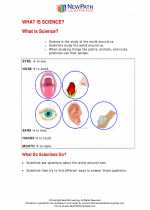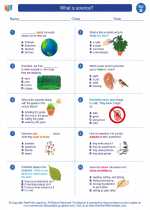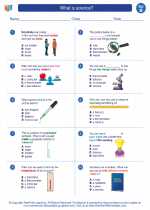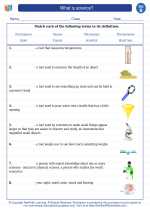Infectious Agents
Infectious agents are microorganisms that can cause diseases in humans, animals, and plants. There are several types of infectious agents, including bacteria, viruses, fungi, and parasites. Each type of infectious agent has unique characteristics and can cause a wide range of diseases.
Bacteria
Bacteria are single-celled microorganisms that can be found almost everywhere. While not all bacteria are harmful, some can cause diseases such as strep throat, tuberculosis, and food poisoning. Bacteria can be treated with antibiotics.
Viruses
Viruses are tiny infectious agents that can only replicate inside the cells of living organisms. They cause a variety of diseases, including the common cold, flu, HIV/AIDS, and COVID-19. Vaccines are often used to prevent viral infections, as antiviral medications are limited in their effectiveness.
Fungi
Fungi are a group of microorganisms that include yeasts, molds, and mushrooms. Some fungi can cause infections in humans, such as athlete's foot, ringworm, and yeast infections. Antifungal medications are used to treat fungal infections.
Parasites
Parasites are organisms that live on or inside another organism and benefit at the expense of the host. Examples of parasites include malaria-causing Plasmodium, intestinal worms, and lice. Parasitic infections are treated with antiparasitic medications.
Study Guide
- What are the main types of infectious agents?
- Provide examples of diseases caused by bacteria, viruses, fungi, and parasites.
- How are bacterial infections treated?
- What is the difference between bacteria and viruses?
- How can viral infections be prevented?
- Explain the role of antifungal medications in treating infections.
- Define parasites and give examples of parasitic infections.
- What are some common methods for preventing parasitic infections?
By understanding the different types of infectious agents and the diseases they cause, we can take steps to prevent and treat these infections, ultimately promoting a healthier society.
.◂Science Worksheets and Study Guides Second Grade. What is science?

 Worksheet/Answer key
Worksheet/Answer key
 Worksheet/Answer key
Worksheet/Answer key
 Worksheet/Answer key
Worksheet/Answer key
 Vocabulary/Answer key
Vocabulary/Answer key
